Praying Professionally
By: Mark Mitcell, BASOM Executive Director
For over 40 years I was paid to pray. Whether before or after a Sunday morning sermon, or to end a counseling session, or to kick-off a small group meeting, I prayed professionally, as if on-demand. Still, as a semi-retired pastor, when sharing a meal with friends or family, all eyes tend to look towards me when the moment comes to give thanks. It seems I cannot escape being a professional prayer.
I see this an occupational hazard for pastors. We pray hollow prayers that have about as much passion and depth as a flight attendant delivering pre-flight instructions to those in emergency exit seats. We pray, not to lead our congregations into the most Holy of Holies, but so the worship team can transition back to the stage for the final song. We even delegate our praying to others. While it’s a good thing for others to lead in prayer, praying for and with our people as shepherds is an integral part of leading them through dark valleys to quiet waters.
Frederick Buechner began his novel, On the Road with the Archangel, with an angel named Raphael explaining how he delivers prayers to God:
“I am Raphael, one of the seven Archangels who pass in and out of the presence of the Holy One… I bring him the prayers of all who pray and of those who don’t even know that they’re praying. Some prayers I hold out as far from me as my arm will reach, the way a woman holds a dead mouse by the tail when she removes it from the kitchen. Some, like flowers, are almost too beautiful to touch, and others so aflame that I’d be afraid of their setting me on fire if I weren’t already more like fire than I am like anything else. There are prayers of such power that you might almost say they carry me rather than the other way round—the way a bird with outstretched wings is carried higher and higher on the back of the wind. There are prayers so apologetic and shamefaced and halfhearted that they all but melt away in my grasp like sad little flakes of snow. Some prayers are very boring.”
That pretty well describes many of the public prayers I’ve offered. There’s an old adage that pastors should spend an hour in study and preparation for every minute in the pulpit. What if we did that with public/pastoral prayer? I have nothing against spontaneous prayer, but public prayer requires preparation of the heart and of the head. As I read Paul’s prayers in the epistles, and David’s prayers in the Psalms, I’m struck that these prayers weren’t thrown together on the run. Whether they be laments, confessions, praises or petitions, they were crafted after deep reflection on the character of God and His will for His people.
As far as we know, the disciples of Jesus never came to Him, asking, “Lord, teach us to preach,” but they did come to him and ask, “Lord, teach us to pray.” And Jesus did just that, giving them the example of the Lord’s Prayer. He even taught them how NOT to pray (Matt. 6:7).
I’m not a pastor any more, so praying isn’t quite the occupational hazard it once was. But I do have the privilege of mentoring and training future pastors through the Bay Area School of Ministry. It is my prayer that I can lead them in not just being great preachers, but great prayers.
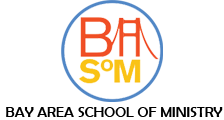
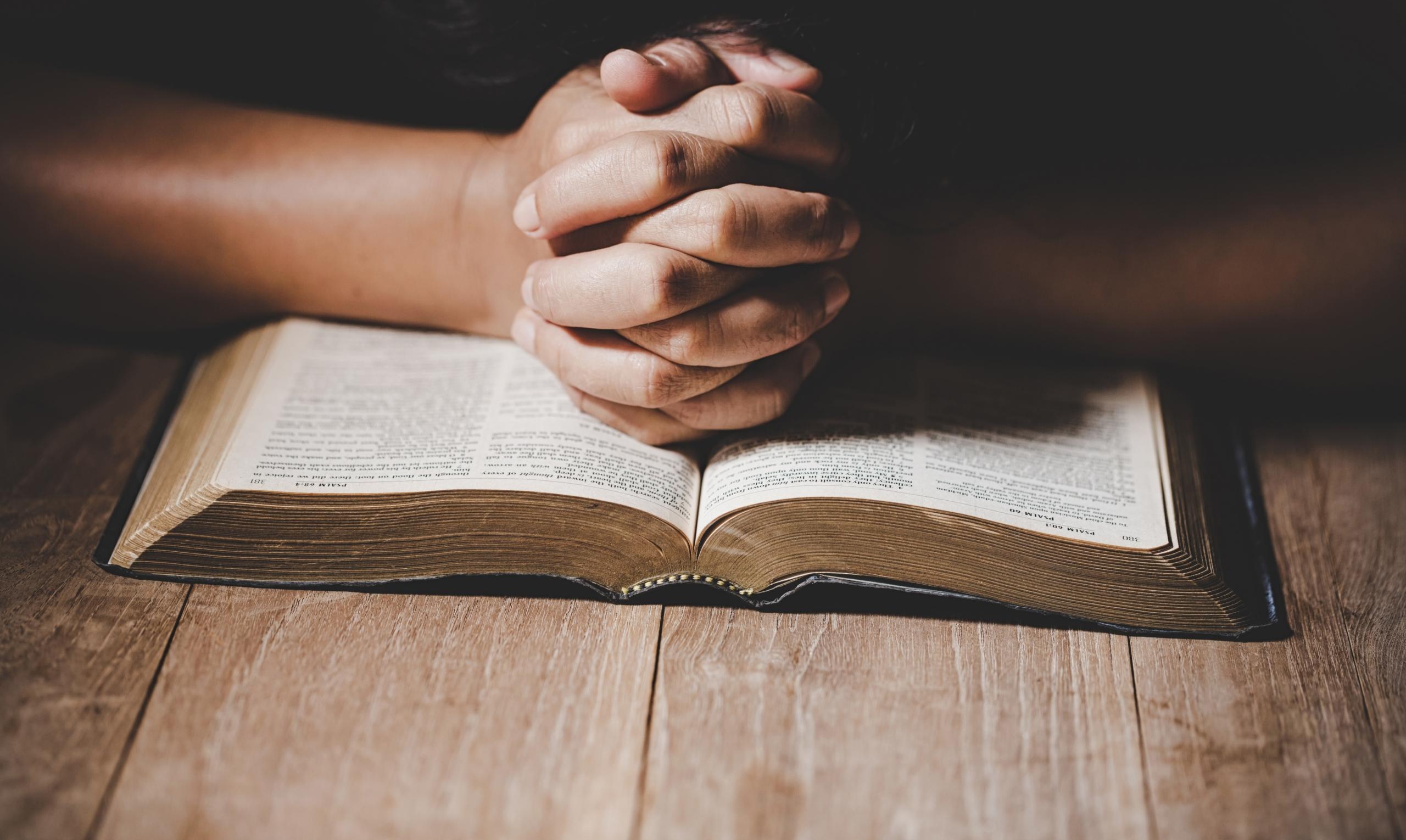
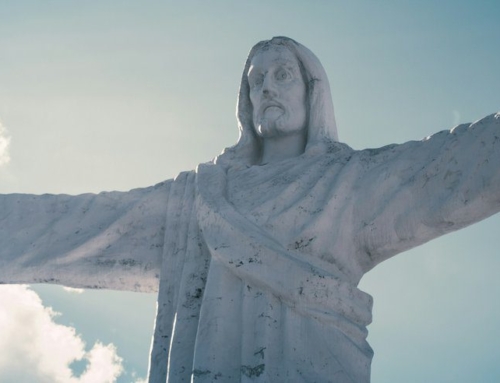


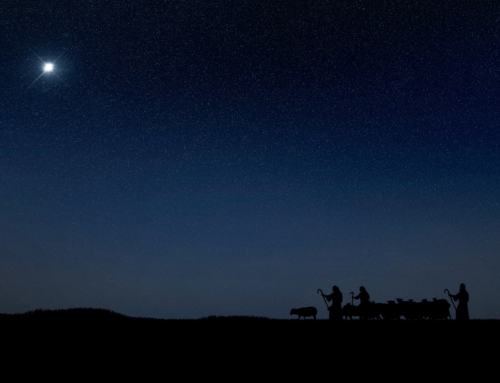
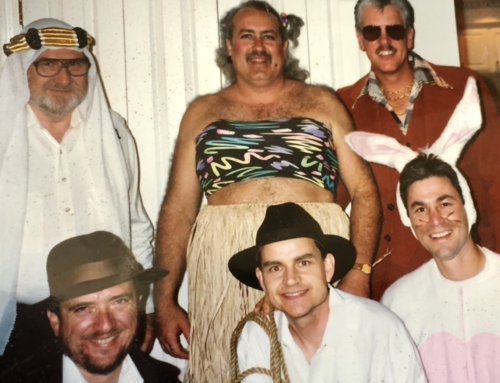
Very interesting and thought provoking for those of us that pray a lot for others.